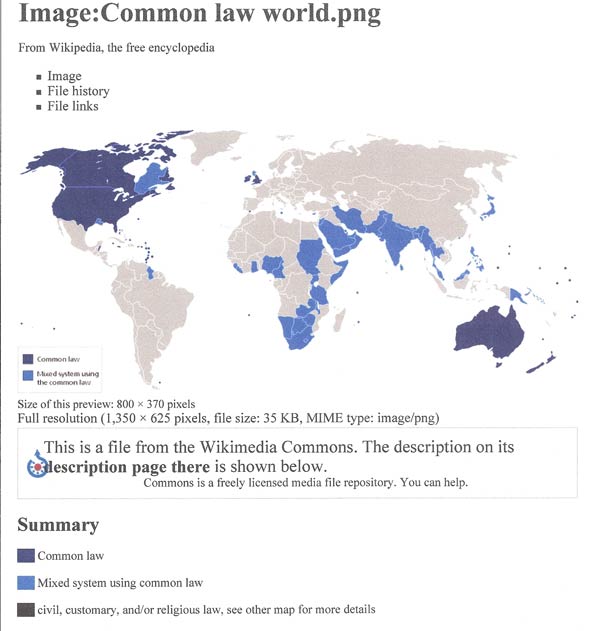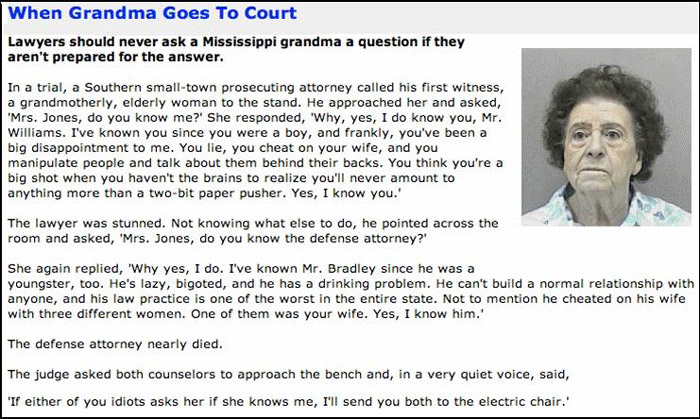


On April 25, 1938, the Supreme Court overturned the standing precedents of the prior 150 years
concerning "COMMON LAW" in the federal government.
"THERE IS NO FEDERAL COMMON LAW, AND CONGRESS HAS NO POWER TO DECLARE
SUBSTANTIVE RULES OF COMMON LAW applicable IN A STATE, WHETHER they be LOCAL
or GENERAL in their nature, be they COMMERCIAL LAW or a part of LAW OF TORTS." (See:
ERIE RAILROAD CO. vs. THOMPKINS, 304 U.S. 64, 82 L. Ed. 1188)
The significance is that since the Erie decision, no cases are allowed to be cited that are prior to 1938.
There can be no mixing of the old law with the new law. The Common Law is the fountain source of
Substantive and Remedial Rights, if not our very Liberties. (See also: Who is Running America?)
In 1945 the United States gave up any remaining national sovereignty when it signed the United
Nations Treaty, making all American citizens subject to United Nations jurisdiction. The "constitution" of the United Nations may be compared to that of the old Soviet Union.
|

|
|
|
|
|
|
|
|
|
|
|
|
"Sovereign individuals are subject only to a Common Law, whose primary purposes are to
protect and defend individual rights, and to prevent anyone, whether public official or private
person, from violating the rights of other individuals. Within this scene, Sovereigns are never
subject to their own creations, and the constitutional contract is such a creation." To quote the
Supreme Court, "No fiction can make a natural born subject." Milvaine v. Coxe's Lessee, 8 U.S.
598 (1808). That is to say, no fiction, be it a orporation, a statute law, or an administrative
regulation, can mutate a natural born Sovereign into someone who is subject to his own
creations. " - https://www.supremelaw.org/fedzone11/htm/chaptr11.htm , page 8 of 20 |
|
Related Articles
Related Sites
|